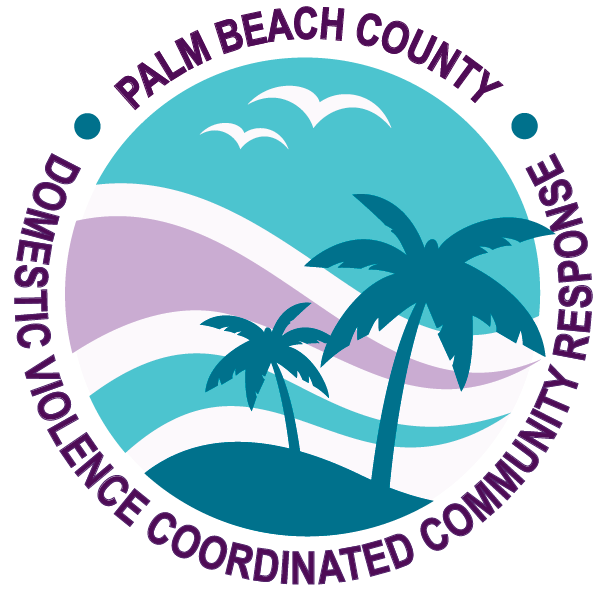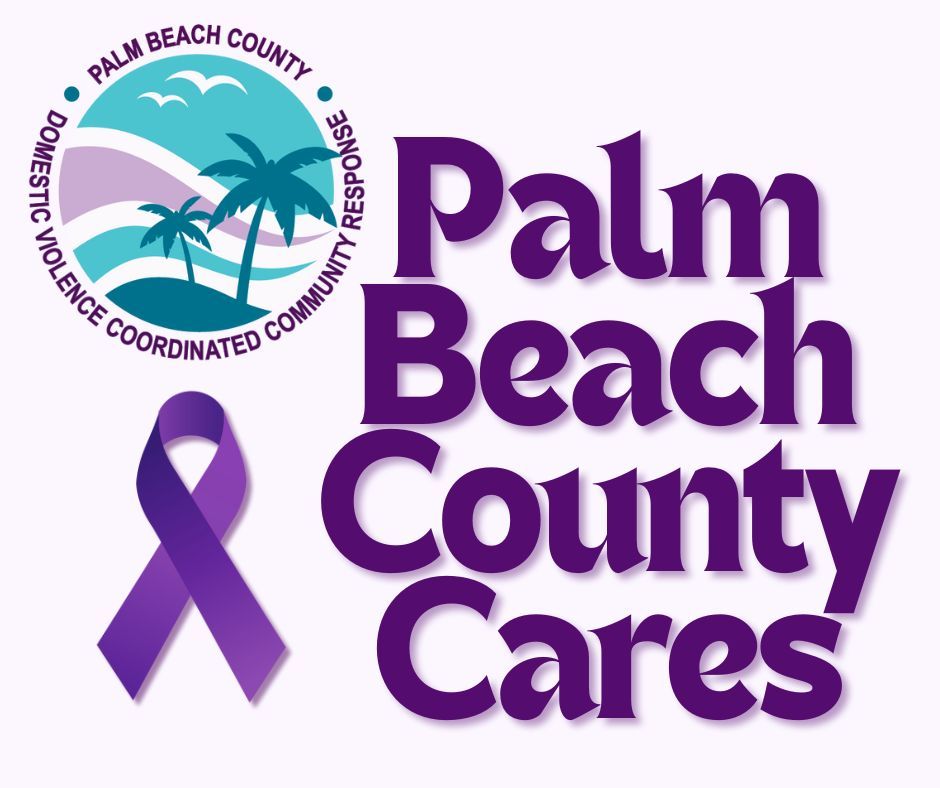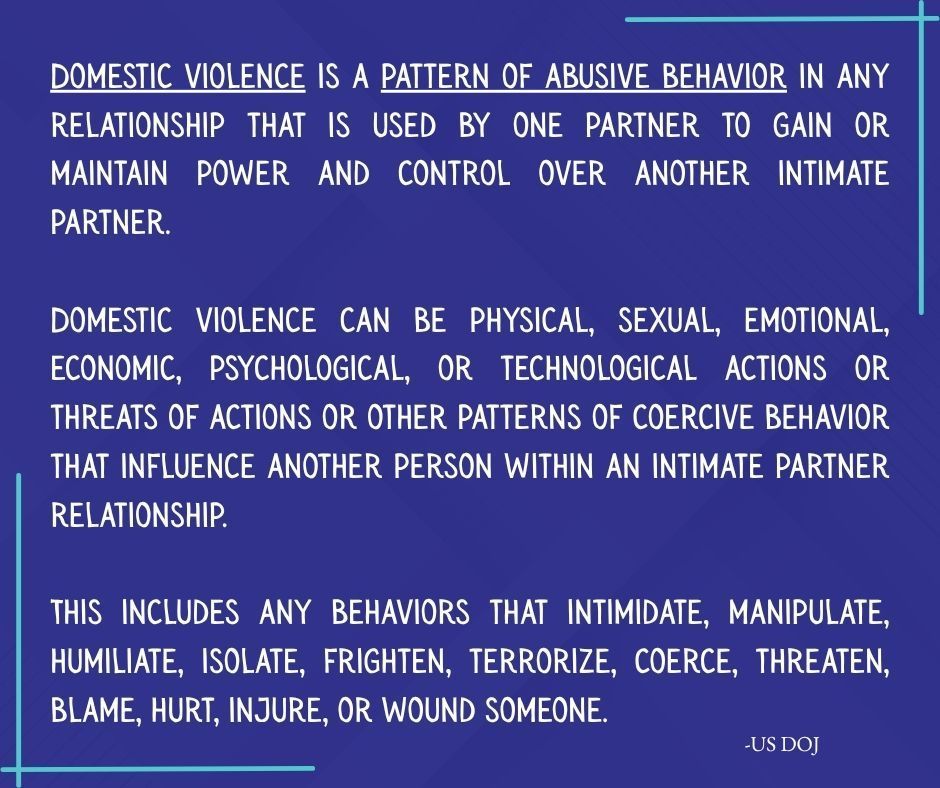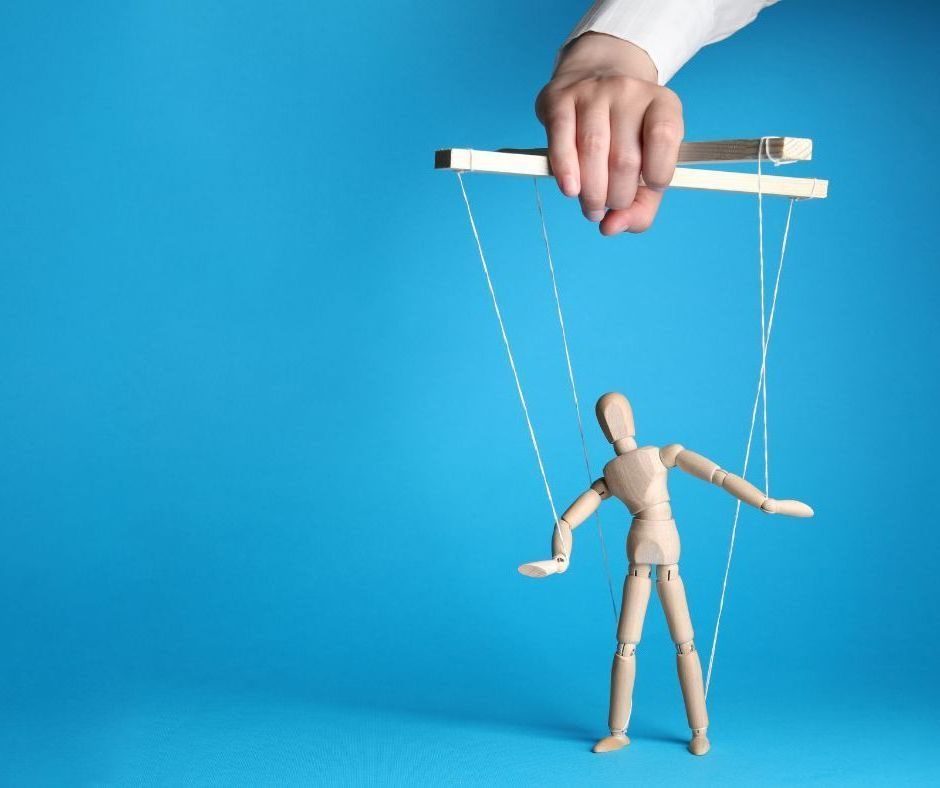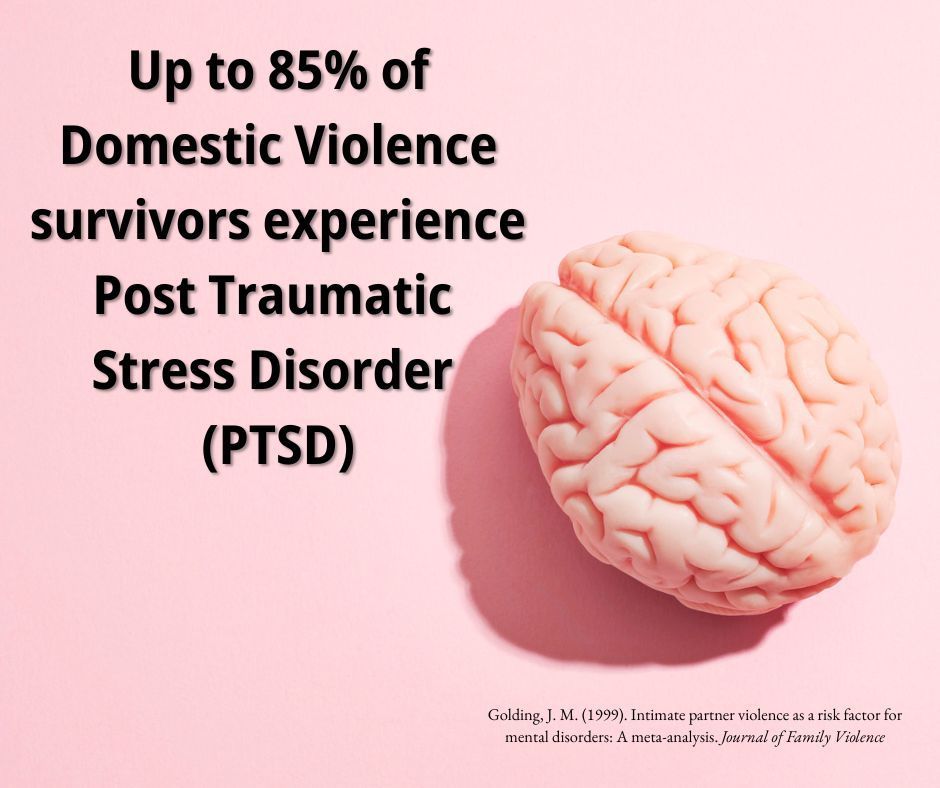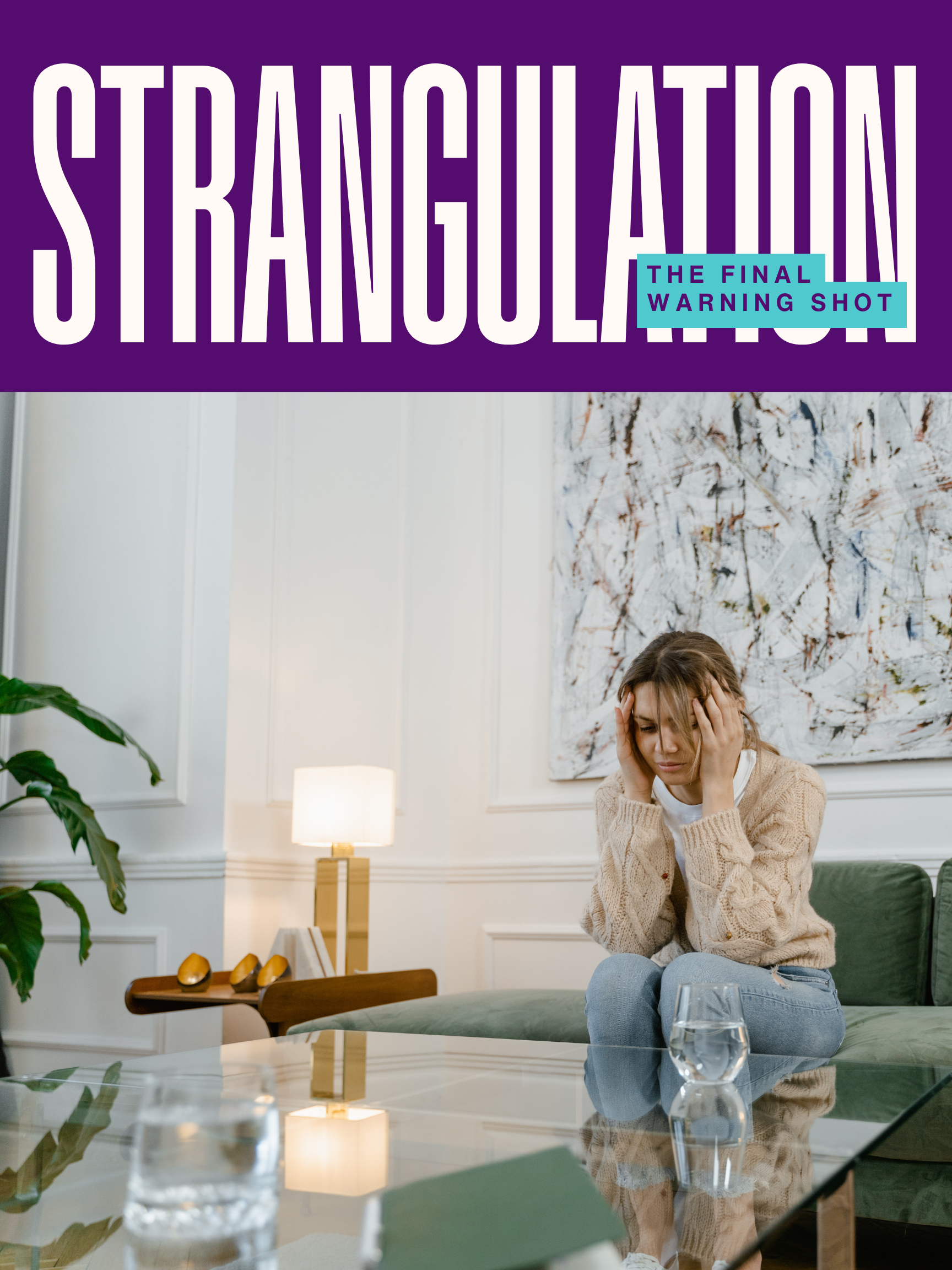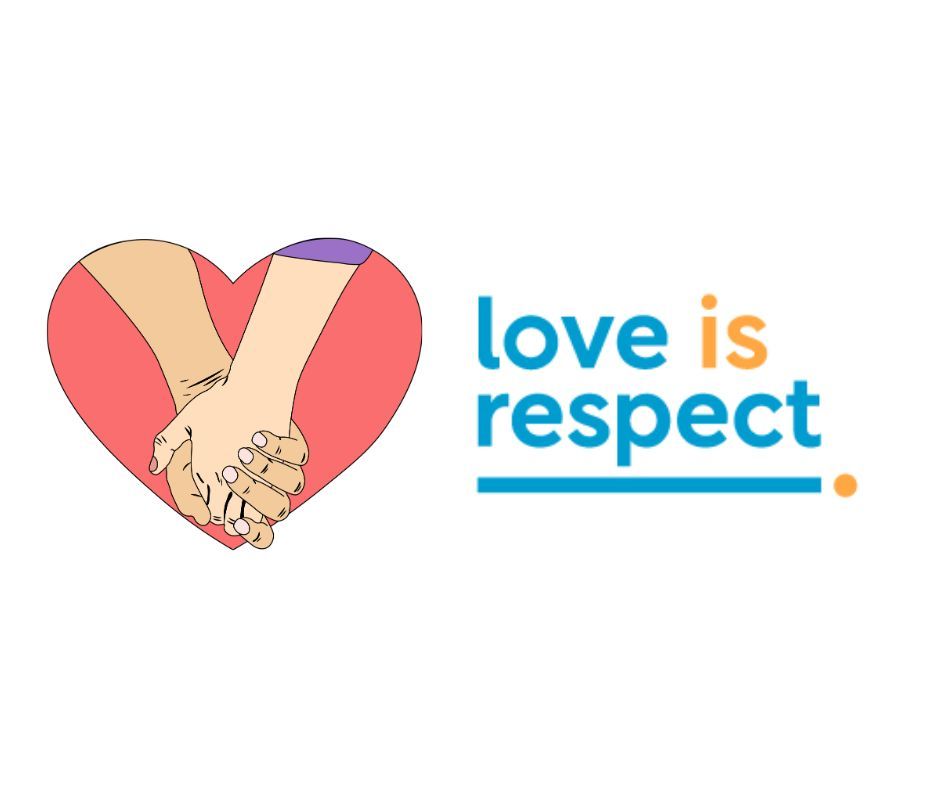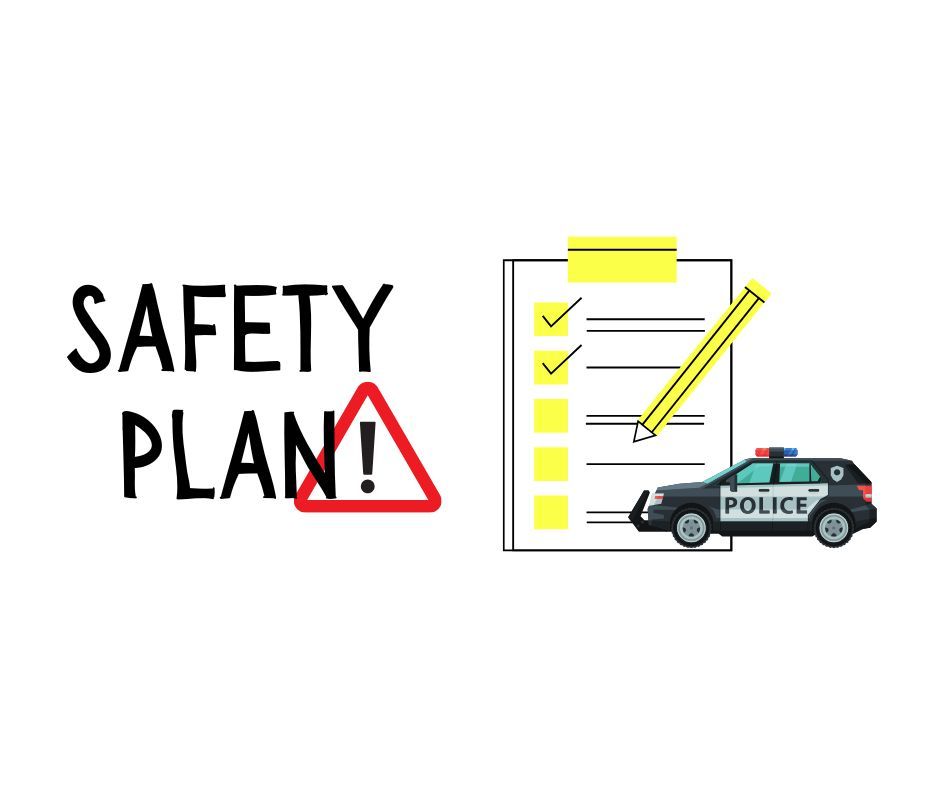Types of Abuse
Physical
Physical abuse is when someone uses their body or an object to hurt, control, or intimidate another person. This can include hitting, slapping, pushing, choking, or any other action that causes pain or injury. It’s a form of power and control, and it is never okay.
Emotional
Emotional abuse is when someone uses words or actions to control, hurt, or break down another person’s self-worth. This can include constant criticism, manipulation, threats, isolation, or making someone feel afraid, worthless, or crazy. It’s a powerful form of abuse that can be just as damaging as physical harm.
Technology
Technological abuse is when someone uses phones, social media, GPS, or other technology to control, stalk, harass, or intimidate another person. This can include tracking someone's location, reading their messages, controlling their online accounts, or spreading harmful content. It’s a form of power and control that invades privacy and creates fear.
Financial
Financial abuse is when someone controls or limits another person’s access to money, resources, or the ability to work in order to gain power and control. This can include taking their paycheck, ruining their credit, or not allowing them to make financial decisions. It’s a way to keep someone dependent and trapped in the relationship.
Sexual
Sexual abuse is when someone forces or pressures another person into sexual activity without their consent. This includes any unwanted touching, coercion, assault, or using sex as a form of control, even within a relationship. Everyone has the right to say no, and consent must be freely given every time.
Psychological
Psychological abuse is when someone uses fear, threats, intimidation, or mind games to control or manipulate another person. It can involve gaslighting, making the victim doubt their reality, or isolating them from friends and family. This type of abuse can deeply affect a person’s mental and emotional well-being over time.
Survivor Story
I learned to check my phone constantly, not because I wanted to, but because I was afraid of what would happen if I missed a message. I stopped seeing friends, changed how I dressed, and second-guessed every decision. Nothing was ever openly violent, yet I felt trapped, anxious, and slowly losing pieces of myself.
Survivor Story
I remember the first time they grabbed my arm—it was fast, then followed by an apology and promises it would never happen again. But it did. Pushing, blocking doorways, bruises hidden under long sleeves. They said I made them lose control. I started believing it, living on edge, always walking on eggshells trying to prevent the next argument.
